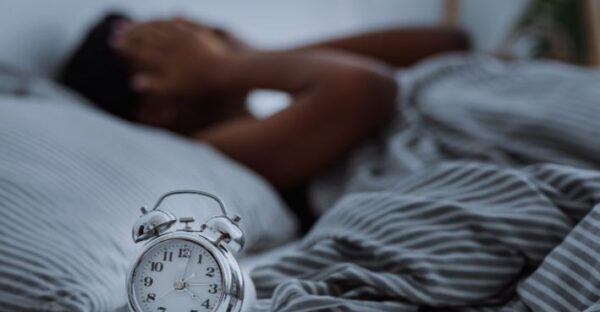If you’ve ever struggled to fall back asleep between 3 and 5 a.m., you’re not alone. This irritating phenomenon can hurt our energy levels, focus, and even mood the following day.
Here are some of the possible reasons behind these early awakenings and tips to help you stay asleep.
1. Blood sugar drops and hormone spikes
Asprey, known for his work on sleep and health optimisation, attributes these 3-5 AM wake-ups to fluctuations in blood sugar levels. According to him, a quick drop in blood sugar can cause the body to release stress chemicals such as cortisol and adrenaline, which have stimulating effects. While these hormones help in the release of glucose held in the liver and muscles to regulate blood sugar levels, they also disrupt sleep.
He suggests a little snack before bed. Raw honey, MCT oil (produced from coconut or palm oil), and collagen are all slow-burning energy sources that may help minimise blood sugar falls.
2. High cortisol levels from chronic stress
Another reason behind these early awakenings could be increased cortisol levels due to chronic stress. Often referred to as the stress hormone, cortisol has numerous functions in controlling our body’s energy levels, immunological response, and sleep-wake cycle. A state of heightened alertness brought on by high cortisol levels, particularly in the early hours of the day, may abruptly wake you up.
3. Imbalanced sleep cycles and internal body clock
The time you wake up during the night can also be tied to your circadian rhythm, or the body’s internal clock. For example, according to traditional Chinese medicine, the lungs are most active in the body’s repair and detoxification processes between 3 and 5 AM. This has not yet been supported by science. Although, this theory is consistent with the notion that our bodies function in cycles and that disturbances in these cycles.
4. Impact of ageing and hormonal changes
Hormonal changes due to ageing can also lead to middle-of-the-night wake-ups. Melatonin, the hormone that controls sleep, is produced in smaller amounts by our bodies as we age. Hormonal changes associated with several life stages, such as menopause, can cause sleep disturbances and the waking up of people at odd hours.
In cases of hormonal shifts, lifestyle modifications can be helpful. For example, maintaining a cool and dark sleeping environment can encourage better sleep.
